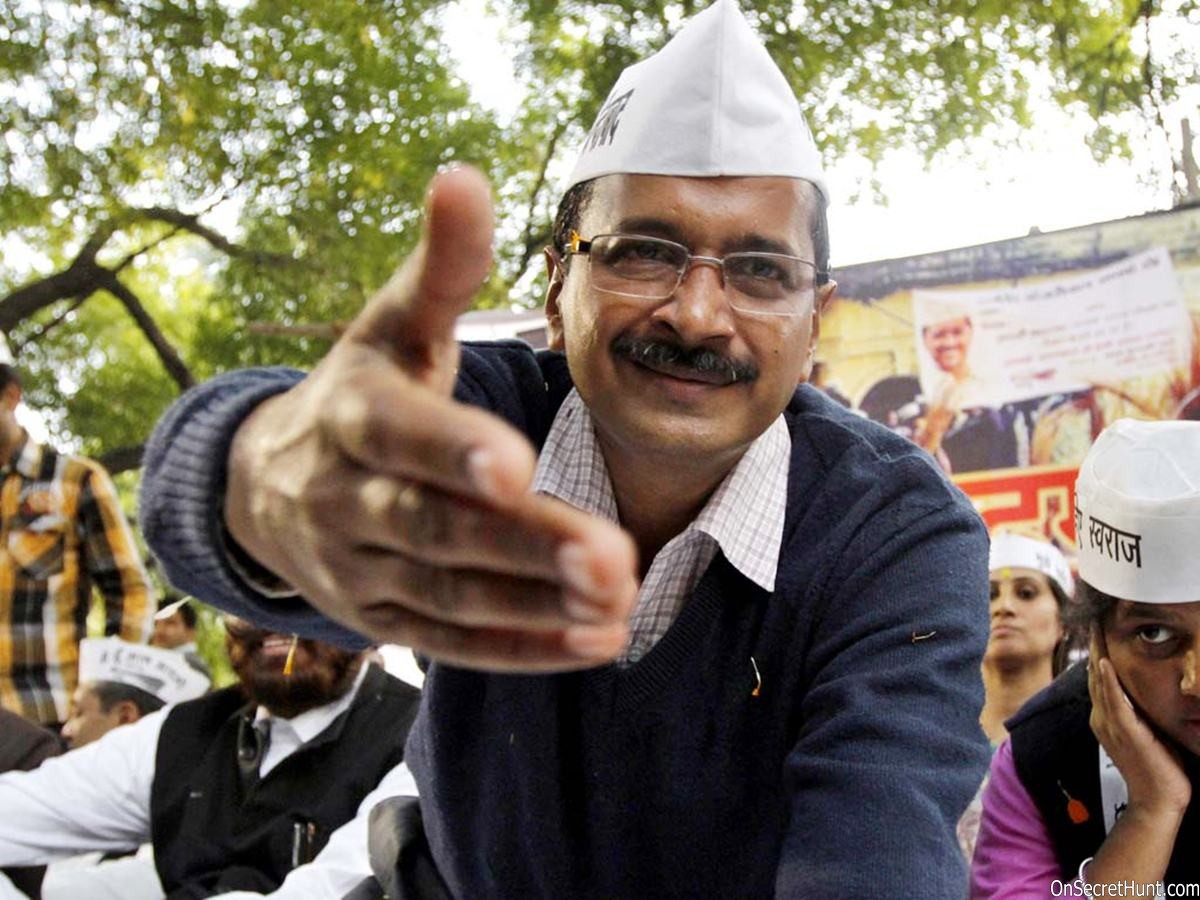Kejriwal’s party ahead in Delhi – exit poll

Arvind Kejrival

DELHI( MT NEWS): Voting has ended in the Delhi state elections which are seen as a popularity test for Indian Prime Minister Narendra Modi.
The anti-corruption Common Man party (Aam Admi) of former tax inspector Arvind Kejriwal is in the lead and could win, early exit polls suggest.
Mr Modi’s Bharatiya Janata Party (BJP) has fielded former policewoman Kiran Bedi as its pick for chief minister.
Turnout is estimated at more than 60%. Official results are due on Tuesday.
Over 13 million people were eligible to vote.
The turnout underlines the significance of the vote which is seen as the first real test for the prime minister since his convincing victory in general elections last summer, says the BBC’s Sanjoy Majumder in Delhi.
It is a close race, but early projections suggest Mr Kejriwal could push ahead of the BJP – building on his energetic campaign which was especially popular with working class and underprivileged voters making up 60% of Delhi’s population, our correspondent says.
If the early indications are reflected in the final results, it could be a first setback for Mr Modi who has enjoyed huge popularity since taking office last year, winning a string of local elections and wooing international investors and world leaders.
The Congress party, which ran the Indian capital for 15 years until 2013, is predicted to come a distant third.
Delhi has been without a government since Mr Kejriwal, the former chief minister, resigned last February, angered that his anti-corruption bill was blocked.
Since then the state has been governed directly by the federal authorities.
Ms Bedi and Mr Kejriwal worked together during the anti-corruption campaign, led by social activist Anna Hazare, but the two have since developed an intense rivalry.
During weeks of hectic campaigning in Delhi, both candidates promised to bring in good governance, end corruption and make Delhi safe for women.
In the previous Delhi election held in December 2013, the BJP won the most seats but fell short of a majority, leaving the AAP – which came second – to form a coalition with the Congress party.
Mr Kejriwal resigned on 14 February after 49 days in office, however, after opposition politicians blocked a bill that would have created an independent body with the power to investigate politicians and civil servants suspected of corruption.




